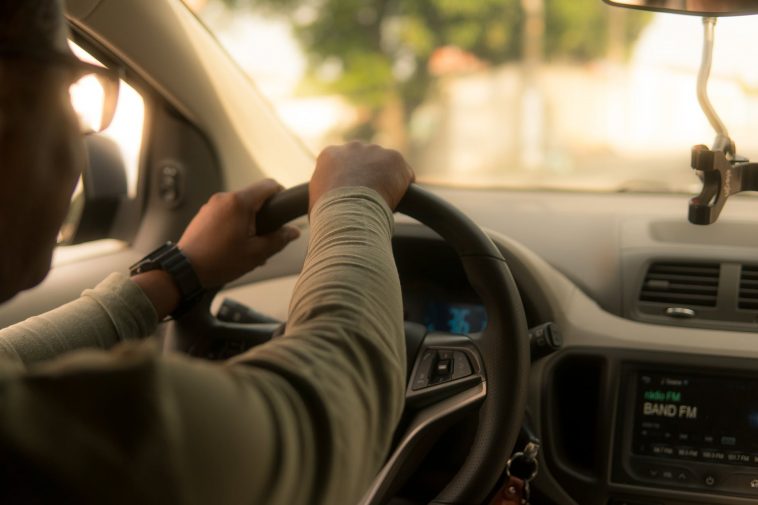We all hope for a breakthrough in the cure for cancer. Thankfully, scientists are making progress in the fight against this and many other devastating diseases. But on occasion, an innovation well outside of the healthcare sector can make a big difference in matters of life and death. And is there one such innovation where older people are missing out?
New research shows that the introduction of ridesharing services has dramatically reduced trauma stemming from car accidents. This isn’t the first such study, but it adds to a mounting collection of studies with findings that allow for better planning and decision-making.
Ridesharing companies, like Uber, Lyft and another 88 or so competitors globally, have been in operation for about a decade, and the business model that depends on web applications and mobile app technology has proliferated to nearly every large city around the world.
Since the first studies were conducted to measure the impact of ride share services on human health, the results have been mixed. The great hope, of course, has been for a reduction in the incidence of drunk driving. Initial studies were inconclusive.
But with the passage of time and the growth of available data, studies from New York City to San Francisco have delved into more detailed analysis, looking not only at traffic fatalities, but also taking into account rates of tourism, access to public transportation, and timing of ride shares and alcohol related accidents.
Consumer behaviour offers another lens. Uber, the largest global company, reports that nearly 80% of riders claim to have avoided drinking and driving at least once thanks to the service.
What does the latest research show? A newly released study, conducted by researchers at the University of Texas and published in JAMA Surgery, used hospital trauma data, rideshare volume and impaired driving convictions to compare the seven-year period prior to Uber introduction with a comparable set of years post Uber introduction. It involved data on more than 24 million Uber rides. They found a 23.8% decrease in motor vehicle crash traumas. What’s most interesting is that this decrease was measured during peak trauma periods (Friday and Saturday nights).
It makes sense, as this is when the younger demographic of rideshare users are heading out to socialize. It doesn’t take a rocket scientist to determine the best calculations for city managers rapidly granting permits to transform outdoor spaces into dining patios and sidewalk bars. Promoting ride share programs will help all those with pent up enthusiasm for social drinking get home safe and sound.
Who is not benefiting from these perks of ride share programs? Research shows that older adults are uninformed about how ridesharing works. The process of hailing a ride with their smartphones presents a technological gulf that is not being addressed. In addition, research has found that they are particularly concerned about their safety with regard to unknown ride share drivers.
As a result, seniors tend to be driving their own cars or not going out – neither of which may be in their best interest.
Will the arrival of fully autonomous vehicles make the difference? Perhaps not for skittish seniors, but driverless cars will solve one of the concerns about ride share programs – distracted rideshare drivers looking at their phones for information.
As we move ever more boldly into the post-pandemic new era, wouldn’t it be nice if we could harness more innovations like ridesharing to make the world a healthier place? Where is the next big breakthrough?









